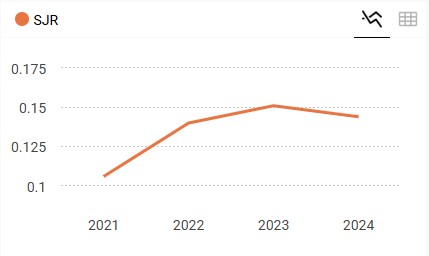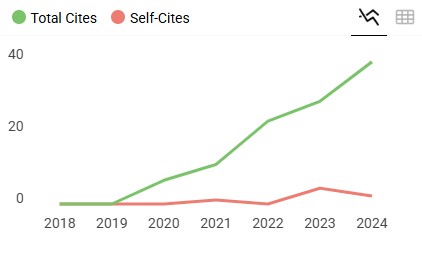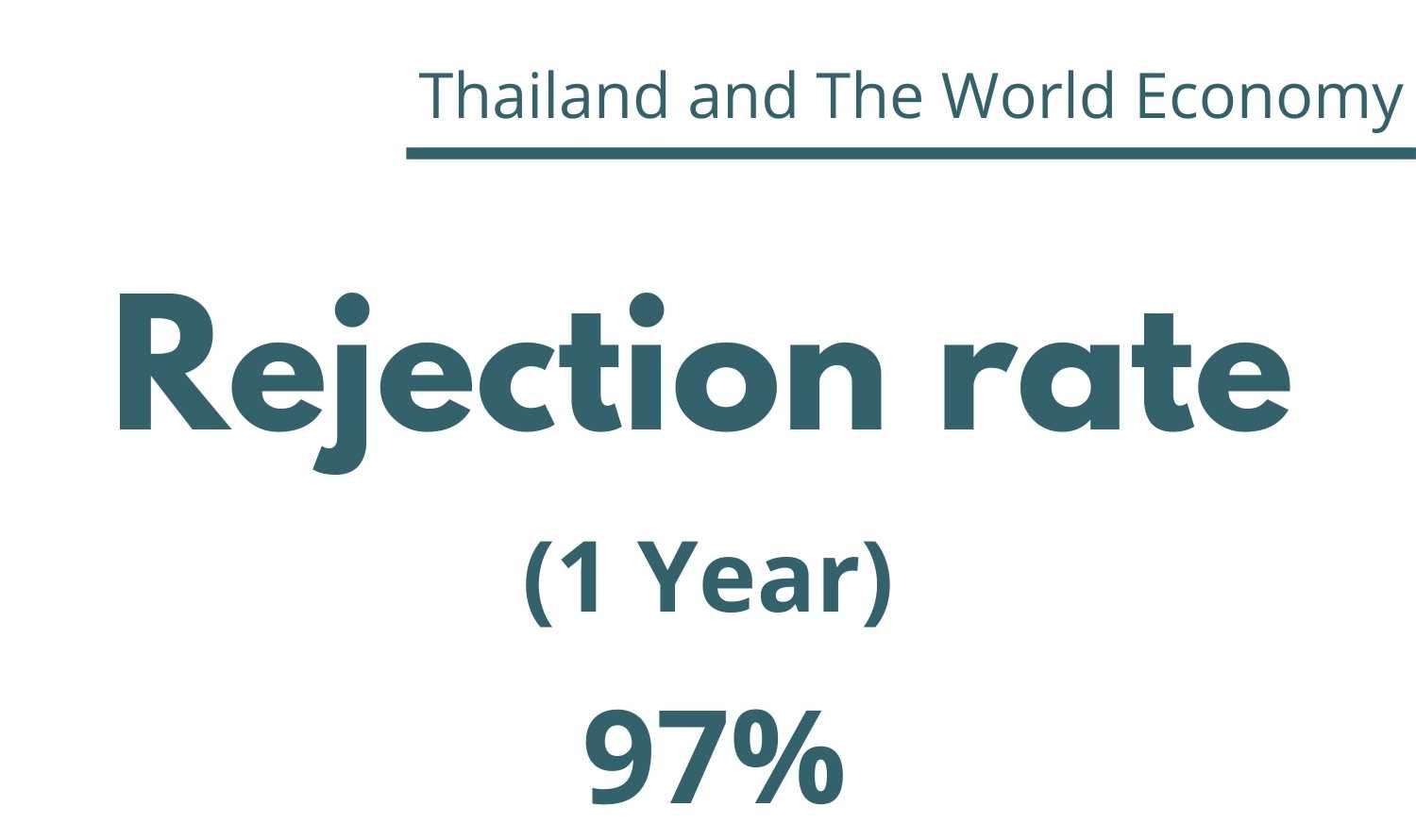Energy Industry Act: Implications for the Energy Sector in Thailand
Keywords:
Electricity, Thailand, Energy LawAbstract
For many years Thailand has attempted to conduct industry structural reform, ownership reform and regulatory reform in its electricity and natural gas sector. Progress in industry structural reform and regulatory reform has been slow due to the lack of energy legislation. In order to take steps to expedite the reforms, the government passed the “Energy Industry Act” in 2007 consolidating the law relating to the electric and gas sectors. This paper explores the question of whether this law could generate new hope in the energy sector. To answer this
question, this study begins by detailing the key features of the Energy Industry Act, particularly in the areas of industry restructuring, promotion of competition, establishment and governance of regulatory body and regulatory framework. The paper then analyzes the likely implications of the Energy industry Act on Thailand’s electricity and natural gas business. The key features of the Act that provide significant changes in the energy sector are the establishment of a regulatory body and framework, the introduction of a new regulatory instrument called the Power Development Fund, and a new system for consumer protection. However the Act does not stipulate a clear design for energy structural reform.
References
2. Levy, B. and Spiller, P.T. 1994. The institutional foundations of regulatory commitment: a comparative analysis of telecommunications regulation. Journal of Law Economics and Organization 10(2):201-246.
3. Stern, J. and Holder, S. 1999. Regulatory governance: criteria for assessing the performance of regulatory systems: An application to infrastructure industries in the developing countries of Asia. Utilities Policy 8:33-50.
4. Bangladesh, The Bangladesh Energy Regulatory Commission Act, 2003, www.berc.org.bd/pdfs/AmendedEnergyAct2003.pdf.
5. Croatia, Law on Regulation of Energy Activities, www.eihp.hr/english/pdf/ lreae.pdf.
6. Ghana, Energy Commission Act 1997, www.energycom.gov.gh/downloads/ ACT/ACT.doc.
7. India, The Electricity Act 2003, http://powermin.nic.in/acts_notification/electricity_act2003/The%20Electricity%20Act_2003.pdf.
8. Ireland, Electricity Regulation Act, 1999, www.cer.ie/cer_history/ ELECTRICITY_REGULATION.pdf.
9. Lithuania, Law on Energy, www3.lrs.lt/pls/inter3/dokpaieska.showdoc_e? p_id=244185.
10. Lithuania, Natural Gas Law, www.erranet.org/index.php?name=OE- eLibrary&file= download&id=3686&keret=N&showheader=N.
11. Malaysia, Energy Commission Act 2001, www.parlimen.gov.my/actindexbi/ pdf/ACT-610.pdf.
12. Malaysia, Gas Supply Act, www.parlimen.gov.my/actindexbi/pdf/ACT-501.pdf.
13. Netherlands, Act of 2 July 1998 Providing Rules in Relation to the Production, Transmission and Supply of Electricity (Electricity Act), www.tnerc.nic.in/ regulation%5Cercact.pdf.
14. Netherlands, Rules in respect of the Transmission and Supply of Gas, www.dte.nl/images/Gasact_tcm7-10721.pdf.
15. South Africa, National Energy Regulatory Bill, www.info.gov.za/view/ DownloadFileAction?id=66400.
16. Taiwan, Energy Management Law, www.moeaec.gov.tw/English/laws_02.asp.
17. United Kingdom, Utilities Act 2000, http://www.opsi.gov.uk/acts/acts2000/en/ ukpgaen_20000027_en_1.










